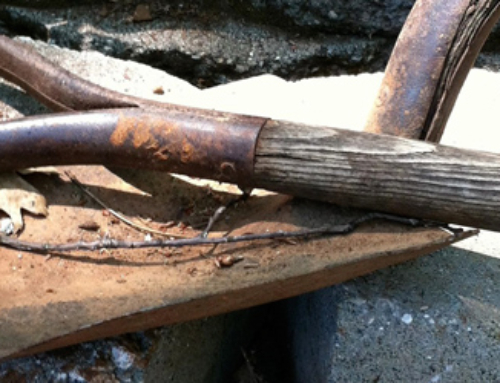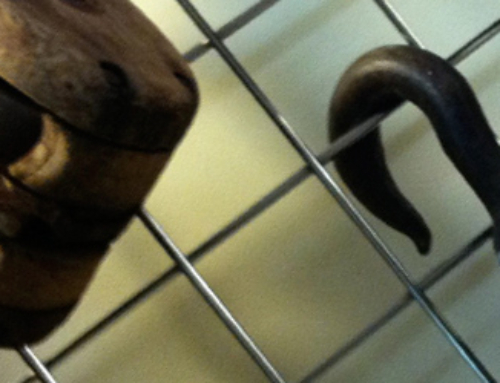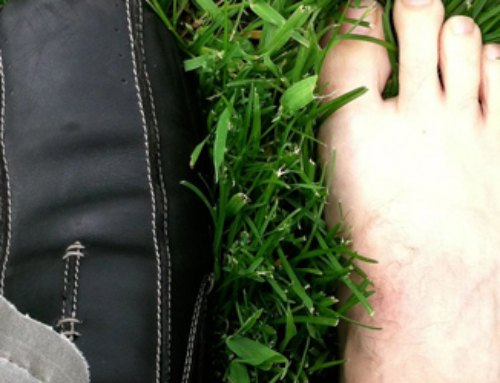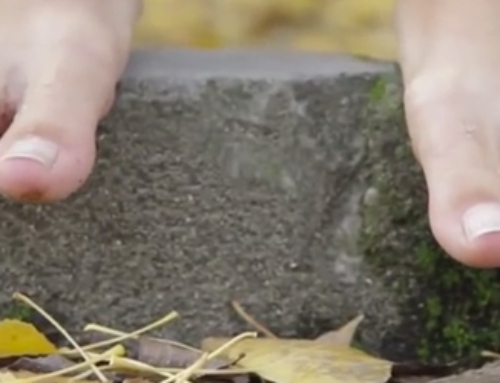I’m learning how to serve. I believe the western church needs to learn how to serve. As the ministry that we work for is getting ready for summer work teams to come out, I am helping to prepare training materials for hosting those groups. As I reminisce of experiences of different groups, I have to admit, some memories make my stomach turn. One short-term mission group that was in Seattle after spending time on the Yakima reservation was approached by a homeless man begging for money, and one of the leaders grilled him in a way that really tore at his dignity. Or there was a group that came to the rez and one of the leaders was quite opinionated on what he thought was the “problem” of the conditions found on the rez, he pushed his own agenda, and was disappointed that efforts were not taken promote a study that he brought on the trip. He didn’t know our community at all and continually compared his trip to the rez to other short-term mission trips that he had done in the past (i.e. Mexico). The list goes on, but there were amazing groups that truly came with servant’s hearts, learning about the culture, and doing whatever was needed – not merely just doing what they thought might be needed. The difference? Meekness and humility. While all groups might have had good intentions, the ones that bolstered the effectiveness of our ministry the most were the ones who held their own agendas loosely, listened instead of talked, came with a student’s heart instead of insisting on playing teacher, and were willing to be a servant.
In a remarkable book (and good training tool) entitled When Helping Hurts: How to alleviate poverty without hurting the poor…and yourself (2009), author Steve Corbett shares a story that missions expert Miriam Adeney was told by an African Christian friend.
Elephant and Mouse were best friends. One day Elephant said, “Mouse, let’s have a party!” Animals gathered from far and near. They ate. They drank. They sang. And they danced. And nobody celebrated more and danced harder than Elephant. After the party was over, Elephant exclaimed, “Mouse, did you ever go to a better party? What a blast!” But Mouse did not answer. “Mouse, where are you?” Elephant called. He looked around for his friend, and then shrank back in horror. There at Elephant’s feet lay Mouse. His little body was ground into the dirt. He had been smashed by the big feet of his exuberant friend, Elephant. “Sometimes, that is what it is like to do mission with you Americans,” the African storyteller commented. “ It is like dancing with an Elephant” (p. 161-162).
There are times in the past when I admit that I have been Elephant, and I pray that in spite of my ignorant enthusiasm (and misguided piety) that the Lord worked healing for my missteps. As a full-time missionary in Native America I have also often felt like Mouse, where groups came to give without finding out what was needed. I have unfortunately seen the Gospel presented in ethnocentric and egocentric ways, leaving our ministry more drained than encouraged when they left.
My point? Let’s serve like Jesus (Philippians 2:1-11). Let’s walk out the Sermon on the Mount. Though we may mess up a lot, if we surrender ourselves to Christ and to the place of prayer, I believe we’ll be amazed by how much we get right (through the Spirit at work in us). As Corbett puts it, let’s stay away from the “go-help-and-save-them” message and use a “go-as-a-learner” message (p. 176). I believe this is the attitude for every day and our interactions with our immediate societies (not just in missions). In essence: the world doesn’t need me – it needs Jesus. If we want to see Jesus stuff happen in and through our lives, I believe we need to know and understand the reality of the Apostle Paul’s words, “I have been crucified with Christ. It is no longer I who live, but Christ who lives in me. And the life I now live in the flesh I live by faith in the Son of God, who loved me and gave himself for me” (Galatians 2:20). Let’s abandon ourselves to Christ.




